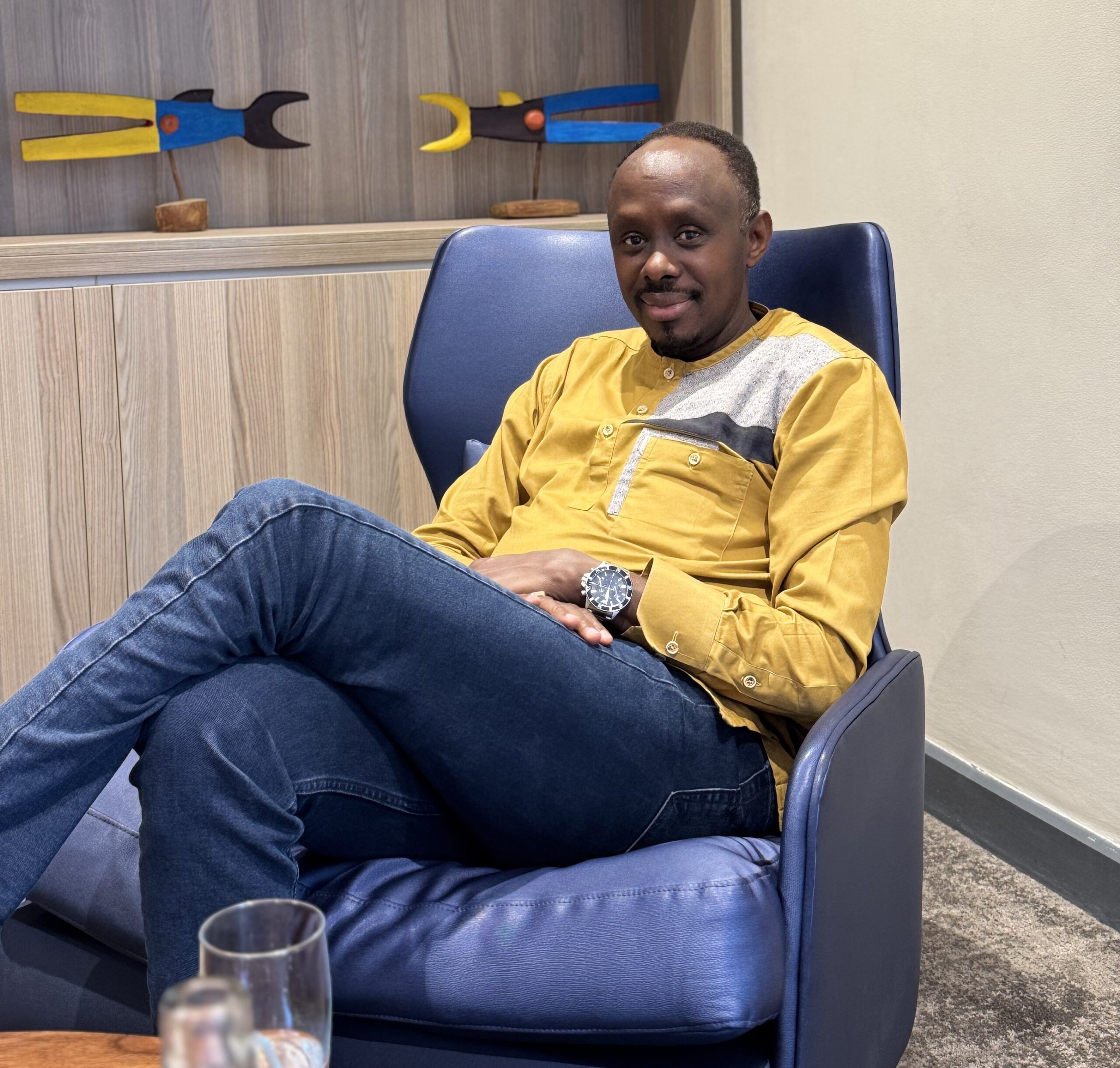Andrews Kananga’s long-standing
relationship with DefendDefenders began in 2009, when he met Executive Director
Hassan Shire and was invited to his first strategic meeting in Kampala, Uganda.
That meeting marked the start of a strong collaboration rooted in a shared
commitment to advancing human rights in the region. Over the years, Andrews has
participated in numerous trainings and strategic convenings organised by
DefendDefenders, deepening his expertise in areas such as human rights
protection, digital security, and advocacy.
In 2012, he was elected by
Rwandan human rights defenders to establish and lead the Rwanda Human Rights
Defenders Network (RHRDN), a member of the East and Horn of Africa Human Rights
Defenders Network. As the Chairperson, he has worked closely with
DefendDefenders on protection initiatives, needs assessments, and support for
HRDs from both Rwanda and Burundi. In 2019, Andrew was recognised by
DefendDefenders for his consistent contribution to the regional human rights movement.
Andrews’ commitment to justice is
deeply personal; etched in Rwanda’s troubling past and shaped by the country’s
painful history of conflict and human rights violations. The 1994 genocide
against the Tutsi in Rwanda, which claimed over one million lives in just 100
days, left a deep scar on the nation and its people. It was a period marked by
mass atrocities, systemic human rights violations, and a breakdown of justice and
accountability. For Andrews, who grew up witnessing the aftermath of this dark
chapter, the experience was profoundly formative. The history of injustice,
displacement, and the suffering endured by countless families—including his own
community—sparked in him a determination to be part of the solution. Driven by
a vision to prevent such atrocities from ever happening again, he chose to
pursue law as a means of championing justice and amplifying the voices of the
vulnerable. His early involvement in human rights clubs, student-led debates, also
exposed him fully to what it means to defend the
rights of the most vulnerable and marginalised communities.
“So, a history of injustice, massive violations of human rights, decades of misery in refugee camps in neighbouring countries for our people, oppression and hatred, greatly impacted me growing up and, I thought by becoming a lawyer, I can contribute, and I am glad that currently, I am living the dream. “
For over two decades, Andrews Kananga has stood at the intersection of law and justice in Rwanda, championing access to legal services for the most vulnerable. His journey began in 2004, right after graduating from law school, when he was appointed National Legal Advisor to the National Service of Gacaca Courts. These community-based courts were established to try lower-level perpetrators of the 1994 genocide against the Tutsi and promote truth-telling, accountability, and reconciliation. In his role, Andrew offered legal guidance, trained Gacaca judges—respected community members selected for their integrity—and oversaw performance evaluations, contributing directly to Rwanda’s post-genocide justice and healing processes.
From 2008 to 2010, Andrews worked with the Danish Institute for Human Rights (DIHR), where he played a pivotal role in establishing and coordinating the Secretariat of the Legal Aid Forum (LAF), a national network of legal aid providers and human rights organisations. When the Secretariat became fully functional, he was appointed Executive Director—a position he has held since 2010. Under his leadership, LAF has grown into Rwanda’s largest legal aid and human rights organisation, serving thousands of clients annually through in-court representation, a national call centre, and innovative ICT-based legal solutions. The Forum brings together 36 member organisations—including national and international NGOs, professional associations, university legal aid clinics, and faith-based institutions—and plays a key role in promoting access to justice by offering free legal assistance, conducting legal education campaigns, and advocating for policy and legislative reforms that uphold human rights and the rule of law.
“LAF has grown
exponentially, we increased reach, services and influence for the benefit of
the vulnerable and maginalised communities, we provide legal aid services to
Rwandans through legal representation in courts of law and about, 400
vulnerable clients are represented by our team of lawyers per year. We also use ICT to deliver legal
services through a customised call centre staffed by lawyers. In addition to
speaking directly with our legal team, citizens can access Unstructured
Supplementary Service Data (USSD) and Interactive Voice Response (IVR) systems,
which offer self-guided legal education and support. “
Despite the challenges of limited
funding, shrinking civic space, and the risks faced by HRDs in Rwanda, Andrews
has championed collective action, coalition-building, and the development of
protective mechanisms—including a legal aid fund for journalists and HRDs at
risk. He continues to advocate for a national legal aid law in Rwanda and the
formal recognition and protection of HRDs.
Andrews’ vision is one where
legal aid is institutionalised, justice is accessible to all, and HRDs are
recognised, equipped, and empowered to thrive—both in Rwanda and across the
African continent.

